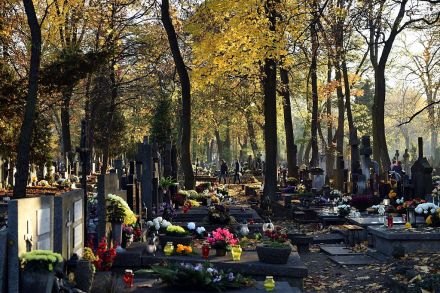Watch: Trump calls election a ‘fraud on the American people’
President Trump came out fighting after his Democratic challenger Joe Biden told supporters he believed he was ‘on track to win’ the US election. Giving a speech inside the White House, Donald Trump said he believed results to be a ‘fraud on the American people’ and stated ‘we will be going to the US Supreme Court. We want all voting to stop’. He told supporters, ‘we were getting ready to win this election. Frankly, we did win this election,’ adding: ‘this is an embarrassment to our country.’ In response, Biden’s campaign manager said: ‘The president’s statement tonight about trying to shut down the counting of duly cast ballots was outrageous, unprecedented, and incorrect. It was





















